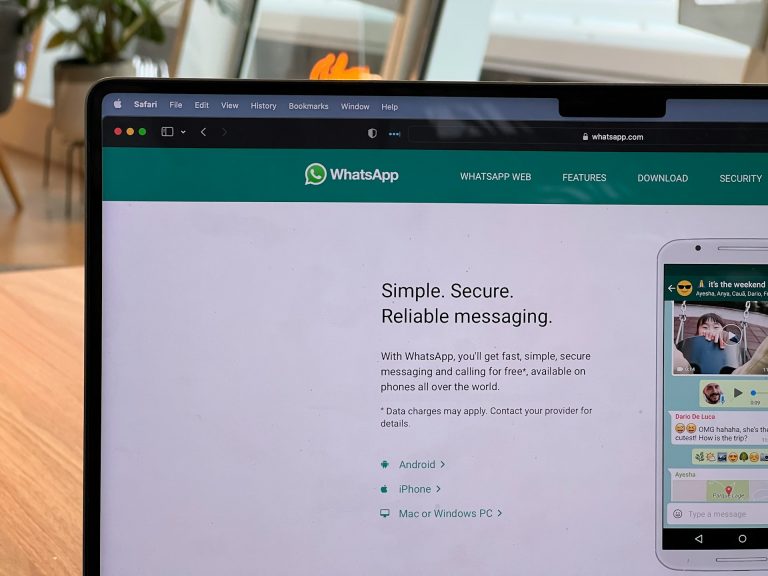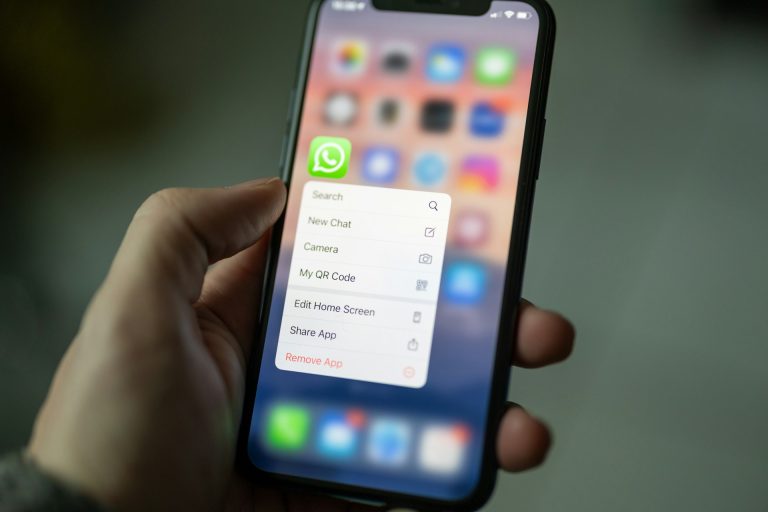Delegation is a key skill that can transform a team’s work. It’s all about spreading tasks wisely so they get done faster and more effectively. When you delegate, you’re not just getting tasks off your plate; you’re really helping your team grow.
Good delegation means assigning the right task to the right person. This ensures the work meets the team’s standards and helps build trust. Effective delegation requires knowing what tasks can be handed off and when’s the best time to do it.
Unlocking the power of delegation starts with clear communication and trust. By knowing the basics of delegation, you can focus on bigger goals and allow your team to shine with their unique talents.
Understanding the Basics of Delegation
Delegation is a powerful tool in any business. It means giving tasks or responsibilities to others on your team. This skill is essential for improving efficiency because it lets a leader focus on high-level tasks while team members manage other duties. Delegation ensures that work gets done faster since more hands are on deck. Moreover, it helps develop team skills and boost overall productivity.
It’s important to know the difference between delegating and simply dumping tasks. Delegating means sharing tasks while keeping communication open and supporting your team. Dumping tasks, however, lacks clarity and support, making it seem like you’re passing on work you don’t want to do. Effective delegation involves trust, communication, and guidance.
When practiced right, delegation helps everyone become more efficient. Leaders can concentrate on their main goals while team members gain responsibilities and grow their skills. This balanced approach builds a more capable and cohesive team.
What and When Should You Delegate?
Choosing which tasks to delegate is key to success. Not all tasks should be handed off, so you need to determine what makes sense to delegate. Here’s a list of tasks that are usually suitable for delegation:
- Administrative tasks like scheduling or data entry
- Repetitive duties that others can handle
- Tasks where team members have greater expertise
- Projects that help team members develop new skills
Timing also plays a vital role in effective delegation. Recognizing when to delegate involves understanding your workload and your team’s current capacity. It’s best to delegate when tasks start piling up or when someone else is better suited for a job. The right time also depends on whether the task can help develop someone’s skills or connect to their strengths.
Delegating too late or holding on too tightly can cause delays. Planning ahead ensures that tasks are distributed before they become urgent. Anticipate needs and match them with your team’s abilities to maintain a smooth workflow.
By knowing what and when to delegate, you free up time to focus on tasks that require your expertise while empowering your team to contribute effectively.
How Do You Choose the Right Person for the Task?
Selecting the right team member for a task is crucial to successful delegation. Each person has unique skills and strengths, so matching these to the task at hand improves outcomes. When you choose wisely, tasks are completed more efficiently and meet the expected quality.
To pick the right person, consider these factors:
- Skills and Experience: Choose someone who has the knowledge and expertise needed for the task.
- Interest and Motivation: Assign tasks to individuals who show interest or enthusiasm; they’ll likely perform better and be more engaged.
- Workload and Availability: Ensure the person you choose can handle the task without becoming overwhelmed.
Discuss with your team members to understand their current workloads and preferences. This dialogue helps make sure everyone is on the same page and ready to take on new duties. The right match leads to better results and strengthens the team as a whole.
Communication and Follow-Up in Delegation
Clear communication is the key to effective delegation. When you give clear instructions, your team knows what to do and how to get started. Be specific about what you expect, provide guidelines, and set deadlines for each task.
Here’s how to ensure smooth communication:
- Outline Goals Clearly: Set clear objectives to guide the task.
- Provide Resources: Make sure team members have what they need to succeed.
- Encourage Questions: Create an environment where team members feel comfortable asking questions.
Following up is just as important as giving instructions. Check in regularly to see how things are progressing and to assist if needed. Offer feedback after tasks are completed to help your team grow, praising good work and suggesting improvements where necessary.
A good follow-up ensures that tasks are completed successfully and fosters a culture of responsibility and improvement within the team.
How to Integrate Workflow Automation into Delegation
Workflow automation can significantly enhance delegation processes by streamlining task assignment and communication. Platforms that offer no-code workflow builders, utilizing triggers, messages, and actions, enable the automation of tasks like assigning duties to appropriate team members.
By crafting automated communication sequences, organizations can ensure efficient delegation and seamless information flow. Integrating workflow automation with traditional delegation principles fosters a more dynamic and responsive team environment.
Ready to Reap the Benefits of Effective Delegation?
Successful delegation can significantly boost any organization’s efficiency. By knowing what tasks to delegate, when to do them, and how to choose the right person for the job, businesses can achieve more and allow their teams to develop their full potential. Effective communication and follow-up ensure tasks are completed as expected and contribute to a collaborative work environment.
Empowering employees through thoughtful delegation not only lifts individual skills but also drives the organization forward. With delegation and automation, leaders can focus on strategic areas while team members enhance their expertise and experience, leading to a stronger, more efficient team.
Build smarter, no-code workflow automation for WhatsApp marketing automation with Sanoflow’s Flow Builder. Use triggers, messages, and actions to craft personalized journeys. Sanoflow offers the tools and support you need to streamline processes and enhance team dynamics. Let us help you delegate wisely and improve your business efficiency. Contact Sanoflow today to explore our solutions.





